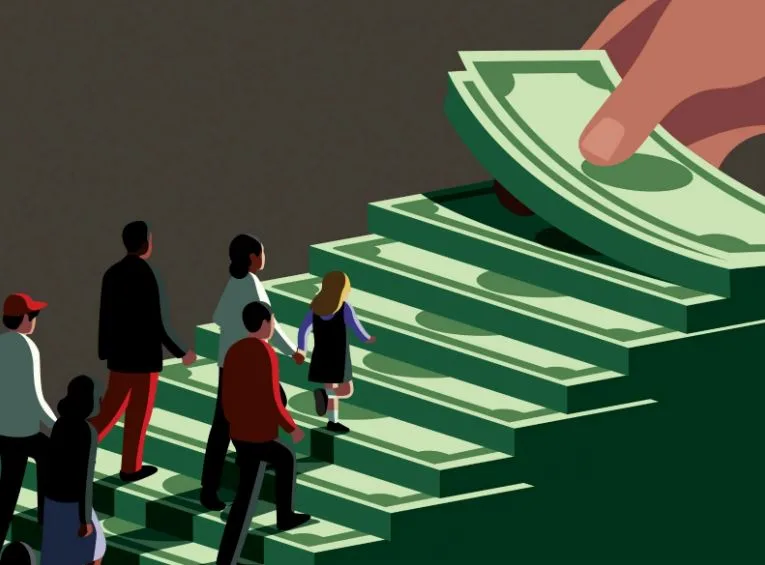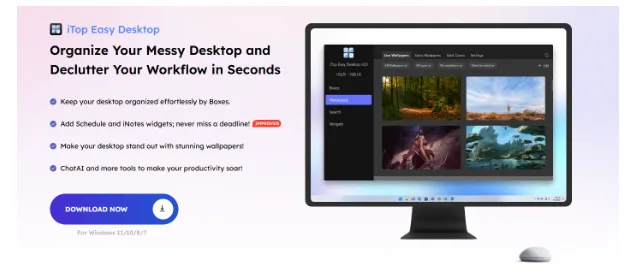Stimulus Checks vs. Universal Basic Income (UBI): What’s the Difference?
In recent years, especially during economic crises, two forms of direct payments have sparked widespread discussion: stimulus checks and universal basic income (UBI). Though both deliver cash directly into people’s hands, their goals, designs, and implications diverge significantly.
1. Purpose and Duration
- Stimulus Checksare typically one-time or emergency payouts, deployed during economic downturns, recessions, or public health emergencies to quickly support consumption and economic activity. For instance, during past recessions, the U.S. government issued rebates like $300 in 2001 and $600 in 2008.
- UBI, by contrast, is a long-term, recurring cash transfer given unconditionally to all individuals. The intent is to guarantee a basic standard of living without means-testing or work requirements.
2. Targeting and Universality
- Stimulus checks are often targeted based on income or eligibility criteria, aiming to maximize impact and fiscal efficiency. For example, past U.S. stimulus rebateswere directed to individuals most likely to spend them.
UBI is truly universal; every individual receives it, regardless of income, employment, or assets.
3. Frequency and Predictability
- Stimulus payments are sporadic and tied to crises. Once the emergency passes, payments stop.
- UBI is predictable and ongoing, monthly or yearly, as part of a broader social policy framework.
4. Policy Goals
- Stimulus checks aim to boost consumption quickly, stabilizing the economy in times of distress. Their urgency makes them politically easier to pass, though they are temporary by design.
- UBI, on the other hand, is envisioned as a structural reform. Proponents argue it can reduce poverty, support labor flexibility, enable risk-taking, and simplify welfare systems. Critics raise legitimate concerns about cost, inflation, and potential disincentives to work.
5. Real-World Examples and Experiments
- Stimulus checkshave appeared throughout history 2001 and 2008 in the U.S., and again during the COVID-19 pandemic, offering short-term relief. Recently, states like New York and Georgia have issued inflation relief payments, and Alaska continues its annual Permanent Fund Dividend at approximately $1,700.
- UBI and guaranteed income experimentsare underway globally:
- Stockton, California (SEED): $500/month to participants; results showed improved mental health, reduced income volatility, and higher goal-setting.
- Tacoma, Washington (GRIT): $500/month for struggling households led to debt reduction, better credit, and financial stability.
- International pilotsspan from India (with improved school attendance, nutrition, and business uptake) to Kenya, where cash transfer programs reduced food insecurity and enhanced wellbeing.
6. Economic and Social Trade-offs
Stimulus Checks
- Pros: Quick to deploy, politically viable, boosts spending immediately.
- Cons: Temporary, may not address systemic poverty or inequality, little long-term impact.
UBI
- Pros: Promotes stability and financial security, potentially fosters entrepreneurship, simplifies support systems.
- Cons: Very expensive estimates suggest a meaningful UBI could double government expenditures in some regions. Critics also warn about inflation, reduced incentives to work, and sustainability challenges.
7. Political and Policy Dynamics
Stimulus checks often garner bipartisan support during crises due to their immediacy and simplicity.
UBI, however, remains contentious. Some tech leaders and progressives support it as a response to automation and economic precarity, while many conservatives reject its socialism-like implications and fiscal burden. In fact, some U.S. states have even moved to ban guaranteed income experiments.
Conclusion: Complementing, Not Replacing
Stimulus checks and UBI serve different policy purposes. Stimulus checks are effective tools during emergencies, providing rapid relief and economic stimulus. UBI, in contrast, offers the promise of reshaping social safety into a stable, unconditional framework, though implementing it at scale poses heavy financial, political, and administrative challenges.
Innovative pilot programs and state-level experiments are gradually expanding our understanding of UBI’s potential, pointing toward a future where short-term stimulus and long-term basic income policies might complement each other in fighting poverty and enhancing economic resilience.




